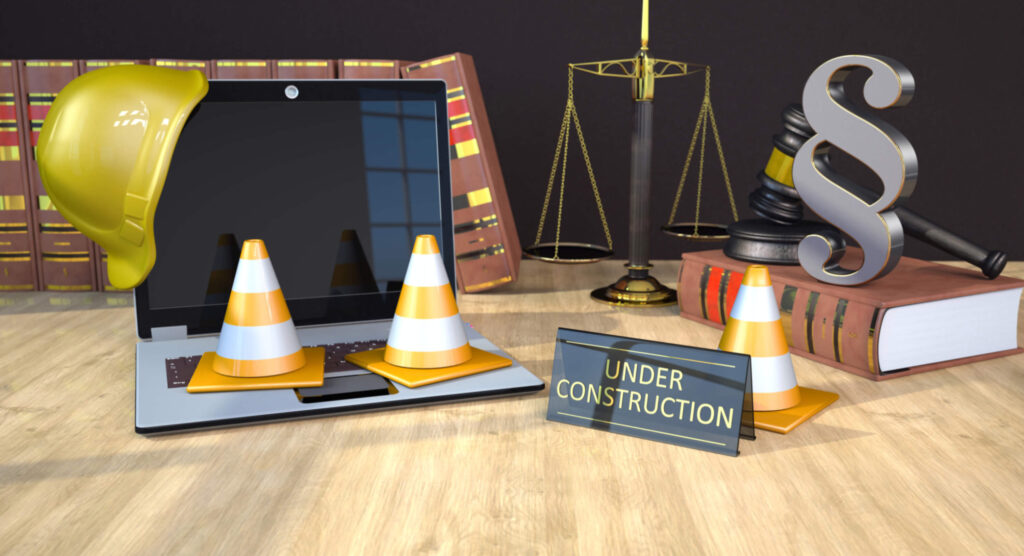Ten Weeks 5 Semester Units
This course is a two-part survey of the law of probate. Students will learn California probate law as it relates to the formation and validity of testamentary wills, intestacy succession, and disposition of probate assets. Then, students will study common law revocable and irrevocable trusts and the statutory, doctrinal and decisional law pertaining to trust creation, modification and termination, trust management, the powers, duties and obligations of trustees, and beneficiary rights.
Eight Weeks 4 Semester Units
The course provides doctrinal analysis of California Civil Procedure. Students will examine the rules regarding jurisdiction, venue, pleadings, discovery, pre-trial dispositions, trial, judgments, appellate review and prior adjudication.
Ten Weeks 5 Semester Units
Students will examine the California law relating to community, quasi-community and separate property, the division of marital assets upon divorce and death of a spouse, marital agreements, business assets, commingling of funds, property improvements, spousal liability for community and separate debts, education expenses, spousal rights to pension and disability income, lawsuit settlements, life insurance proceeds, and management and transfer of community property assets.
Eight Weeks 4 Semester Units
This course is a survey of attorneys’ legal and ethical obligations, and the standards that are attendant to the practice of law and the legal profession. Students will study California and model statutory codes and decisional law that define an attorney’s legal and ethical obligations to clients, the courts, opposing counsel and the profession. They will study various legal conflicts that may arise during client representation while fulfilling the varying roles of advocate, officer of the court, public icon and working practitioner. Students will study the business and economic aspects of the practice law, restraints on practice, the role of the judiciary and the state bar in enforcing attorney rules of professional conduct, and sanctions for violating the rules.
Twelve Weeks 6 Semester Units
The Practical Skills Training course is a structured training program designed to help you develop the practical, day-to-day skills you will need as an entry-level lawyer. You will learn key areas of competence through everyday scenarios that parallel real-life practice.
Four Weeks 2 Semester Units
This course will provide students with instruction related to both the concepts behind and the practical applications of legal research, writing and analysis. This course will include instruction in understanding and utilizing primary and secondary sources of law including case law, statutory and constitutional law. Students will also receive instruction related to the basics of legal research, both traditional and online (hard-copy and electronic), and its importance to the legal process. This course will include instruction as well as practice in the drafting of selected documents typically encountered in the routine practice of law.
Every week students will be required to write answers to two fact patterns or research assignments. The student’s submitted answers will be evaluated to determine adequate competence and will be returned with answer material.
Our Juris Doctor degree program is a traditional law school program that is designed to prepare students for entry into the legal field and to prepare them to take the state bar examination.
- Our program provides students with the flexibility to continue to work full-time while attending law school.
- Live classroom sessions (synchronous – live interactive) will be conducted using technology that will allow instructors and students to interact directly by video, voice, and real-time chatting communication.
- Instructors and students may ask and answer questions in real-time–allowing for multiple-person interaction (more than 100).
- The live lectures are recorded and uploaded to the Student Learning Center for 24/7/365 access by students.
- Students that choose to attend the live classes (when the archive lectures are created) will be able to have an actual classroom experience, just as a student would expect in a residential law school.
